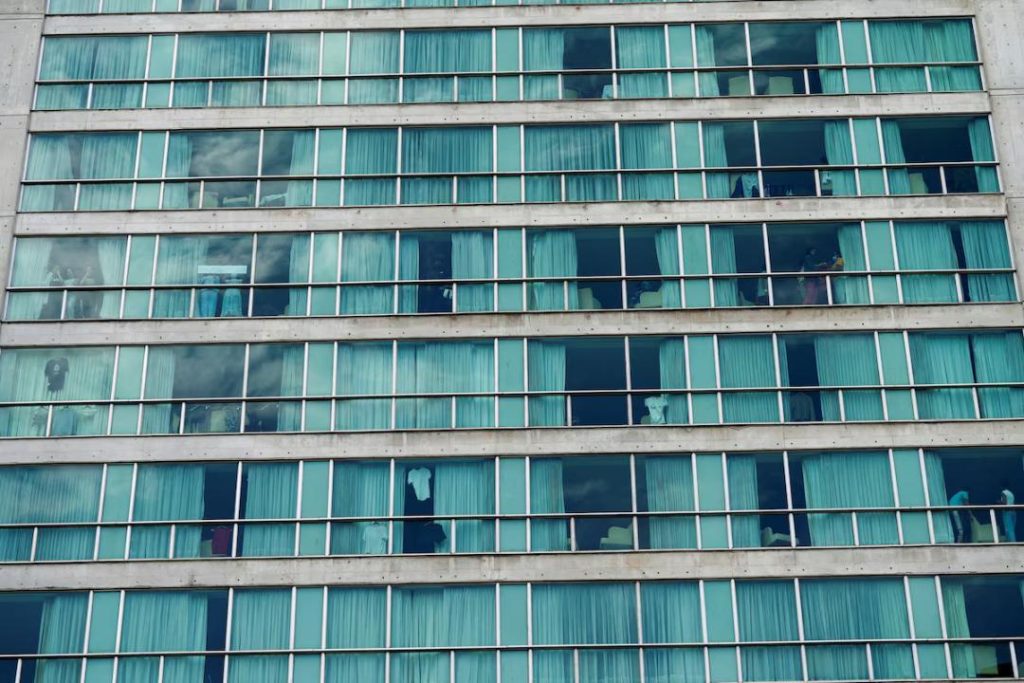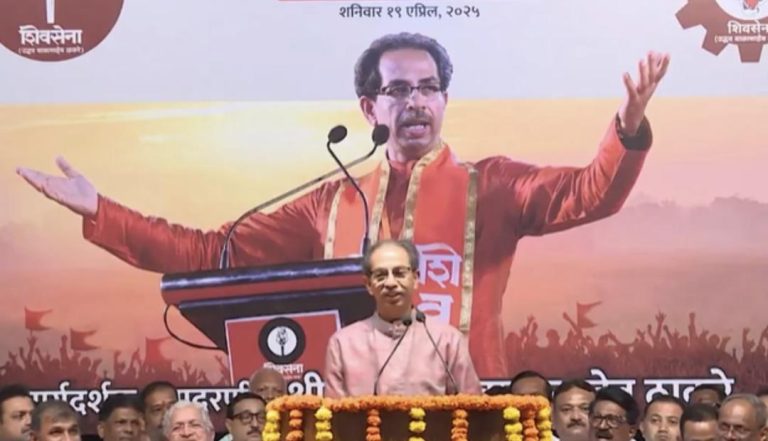
Can’t Go Back, Taliban Will Kill Me: US Deportee in Panama
In a heart-wrenching tale of desperation and fear, a group of US deportees, including Hayatullah Omagh, an Afghan citizen, have been released from detention in Panama and given a 30-day deadline to leave the country. However, Omagh and many others like him are in limbo, unsure of what the future holds for them.
“I can’t go back to Afghanistan under any circumstances,” Omagh said in an interview, his voice trembling with fear. “It is under the control of the Taliban, and they want to kill me.” The 35-year-old Omagh, who was deported from the US due to an expired visa, is one of dozens of individuals who have been released from detention in Panama and given a narrow window to leave the country.
The situation is dire for Omagh and his fellow deportees. With no money, no job, and no place to call home, they are forced to rely on the kindness of strangers to survive. “We are refugees. We don’t have money,” Omagh said, his eyes welling up with tears. “We don’t know what we will do.”
The story of Omagh and his fellow deportees is a stark reminder of the harsh realities faced by individuals who are deported from the US. Many of them are forced to leave behind their homes, families, and everything they know, only to be dropped off in a foreign country with limited resources and no support system.
The situation is particularly dire for Afghan deportees like Omagh, who are fleeing a country that is once again under the control of the Taliban. The militant group, which was ousted from power in 2001, has made significant gains in recent years, and the US, along with other international powers, has been working to support the Afghan government in its fight against the Taliban.
However, for deportees like Omagh, the situation is far from hopeful. “We are not safe in Afghanistan,” he said. “The Taliban will kill me if I go back.” Omagh’s fears are well-founded. The Taliban has a history of targeting individuals who have worked with the US or other foreign governments, and many deportees have faced severe persecution and even death at the hands of the group.
Despite the dire circumstances, Omagh and his fellow deportees are not giving up hope. They are working together to try and find a solution, whether it be through finding a new country to call home or seeking asylum in a safe and secure location.
“It’s very difficult, but we are trying to find a way,” Omagh said. “We are not giving up. We are hoping for a miracle.” The situation is a stark reminder of the need for comprehensive immigration reform in the US. Deportations should not be a solution to complex immigration issues, but rather a last resort.
In the meantime, Omagh and his fellow deportees are left to navigate the treacherous waters of international politics and diplomacy, all while trying to survive in a foreign country with limited resources and no support system. It is a daunting task, but one that they are determined to overcome.
As Omagh said, “We are refugees. We don’t have money. We don’t know what we will do.” But despite the odds, he and his fellow deportees are holding on to hope, hoping that someday, they will find a safe and secure place to call home.






